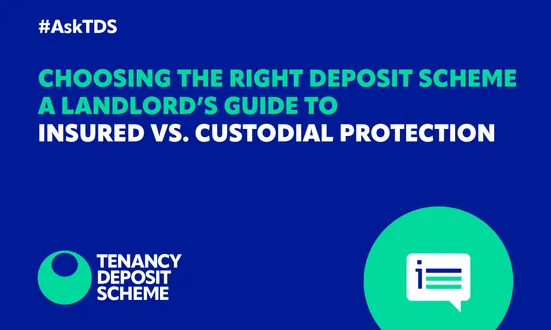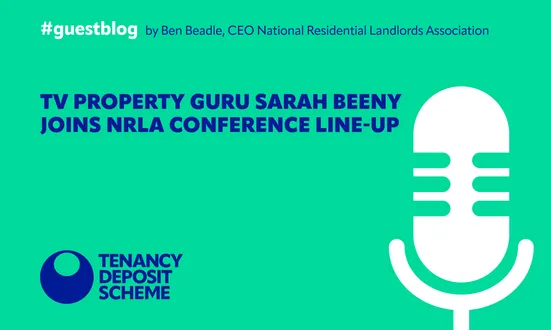This week, we answer a student tenancy deposit question from a tenant:
For many students, university is the first time they have experienced the process of renting a property. Whilst it is an exciting time, knowing your rights and understanding what is expected of you as a student tenant could be the key to avoiding unwanted charges – and knowing what you can be charged for.
What are my responsibilities as a student tenant?
The ultimate aim is for you to collect your full tenancy deposit at the end of the tenancy. For this to happen, you need to be aware of your responsibilities at the start of the tenancy. Damages and cleanliness issues are common areas that can see deposits reduced at the discretion of the landlord. To avoid these deductions it is paramount you read and thoroughly understand your student tenancy agreement to ensure you meet the expected standards of your landlord. For example, it’s standard practice that tenants are required to leave the property in the same condition as when they entered. However, for some properties, student tenants may also be required to maintain the garden too. Make sure you check the details of the agreement and study the check-in report and inventory in detail.
The student tenant agreement allows students to make full use of their legal rights as long as they are adhering to that agreement and keeping in regular contact should a problem occur. For example, tell the landlord about repairs/damages in reasonable time from when an incident occurs. If you wait until the end of the tenancy to make the landlord aware of damages, you could be liable for costs.
Tenancy deposits in student lets
As of June 2019, the deposit cap was introduced meaning that landlords are not allowed to charge tenants more than five weeks rent (or six weeks for annual rent over £50,000), which is something you should be aware of when signing for a property. It is also your right as a student to have your deposit returned within ten working days of the tenancy ending.
Should the landlord seek to make deductions based on what they deem to be breaches of the tenancy agreement, tenants are within their rights to dispute the reductions if they disagree with the accusations of the landlord. Students can do this by using the TDS alternative dispute resolution service, TDS Resolution, which aims to help resolve deposit issues without going to court.
Can the landlord freely enter our student accommodation?
The short answer is no. Despite owning the property, the landlord cannot enter a property that is occupied by a tenant without giving a minimum of 24 hours’ notice. Student tenants also have the right to ask for a witness to be present if no one is in the property at the time of a landlord’s visit. The only time where it is not necessary for notice to be given by a landlord is in the case of an emergency, such as a fire or a gas leak.
If you would like to know more about tenancy deposits, take a look at our case studies or refer to this student guide article.
About TDS
Tenancy Deposit Scheme (TDS) is a Government-approved scheme for the protection of tenancy deposits; TDS offers both Insured and Custodial protection and provides fair adjudication for disputes that arise over the tenancy deposits that we protect.
Your landlord or letting agent can protect your deposit using our TDS Custodial Scheme where TDS hold the deposit for the duration of the tenancy. Join TDS Custodial for FREE today
TDS can only comment on the process for our scheme, other deposit protection schemes may have a different process/require different steps. Content is correct at the time of writing.
These views are those of the author alone and do not necessarily reflect the view of TDS, its officers and employees.
Other news stories


